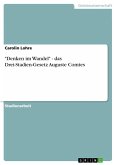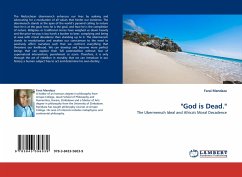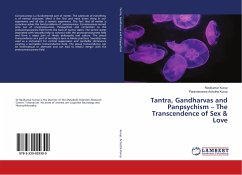Either we know it, or not, we all have an ontology. If we do not know it, then for sure, it is simply by default, without any particular name attached to it, and acquired by us rather accidentally while still too young and inexperienced regarding such a most fundamental issue. Then of course come those less numerous whose ontology does have a name, say, atheism, agnosticism, materialism, spiritualism, mysticism, and quite a few like that. Yet the point - so often missed - is not the specific "ism" we worship, but the practical, everyday, and why not, moment by moment effect which our ontology may, and in fact does, have upon our life. And the quality of an ontology is in no way related to the sophistication and length of its formulation. This fact may disturb more than one philosopher, and yet it is true. A proof of it is given by the remarkable German philosopher Leibniz, according to whom "This is the best of all possible Worlds." And clearly, that statement was his ontology, and it was so more than anything else. But then, he is not unique. Euripides is credited to have stated that "Unto the noble everything is good." Well, such and related issues are discussed in this book.
Bitte wählen Sie Ihr Anliegen aus.
Rechnungen
Retourenschein anfordern
Bestellstatus
Storno








